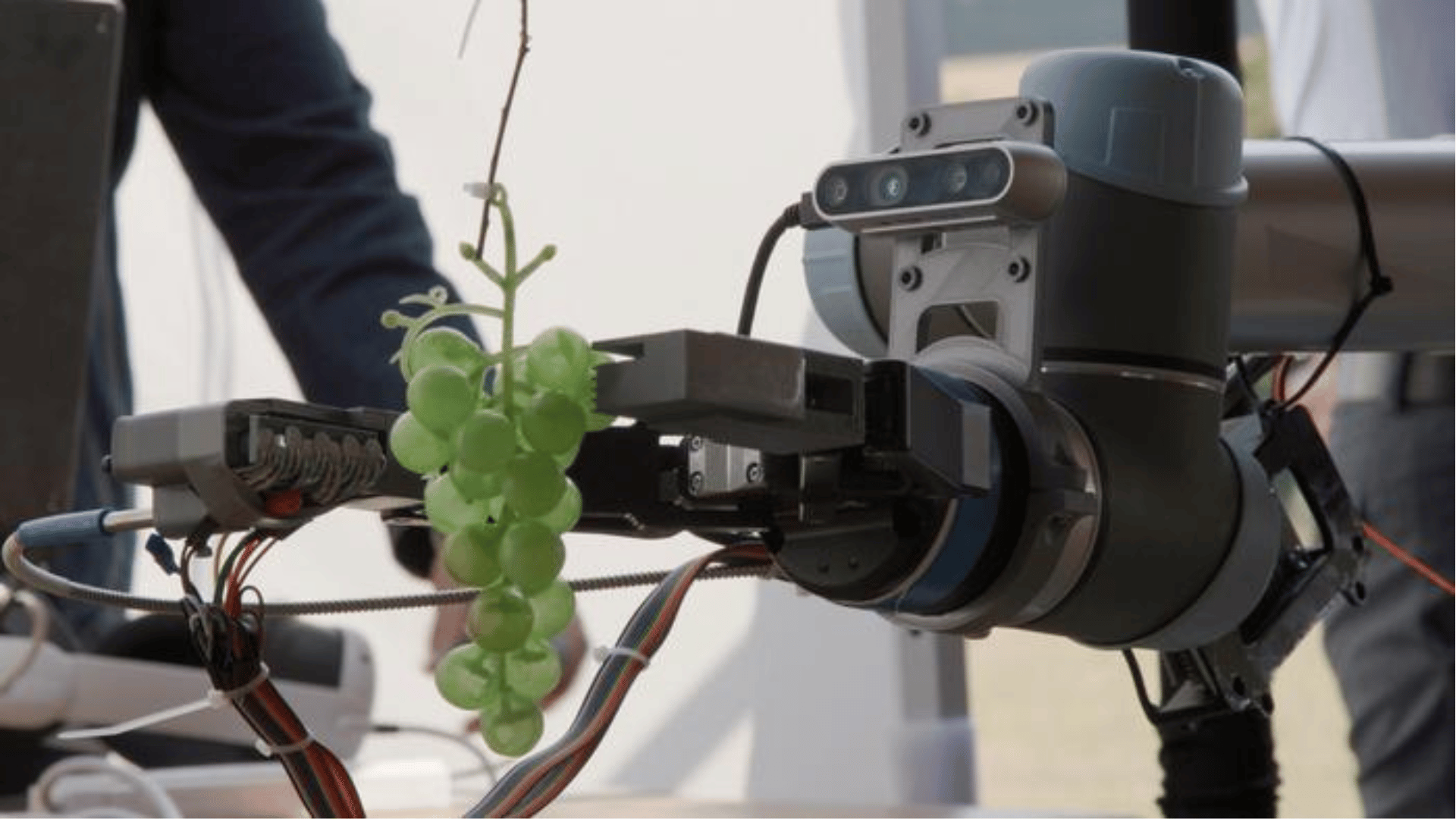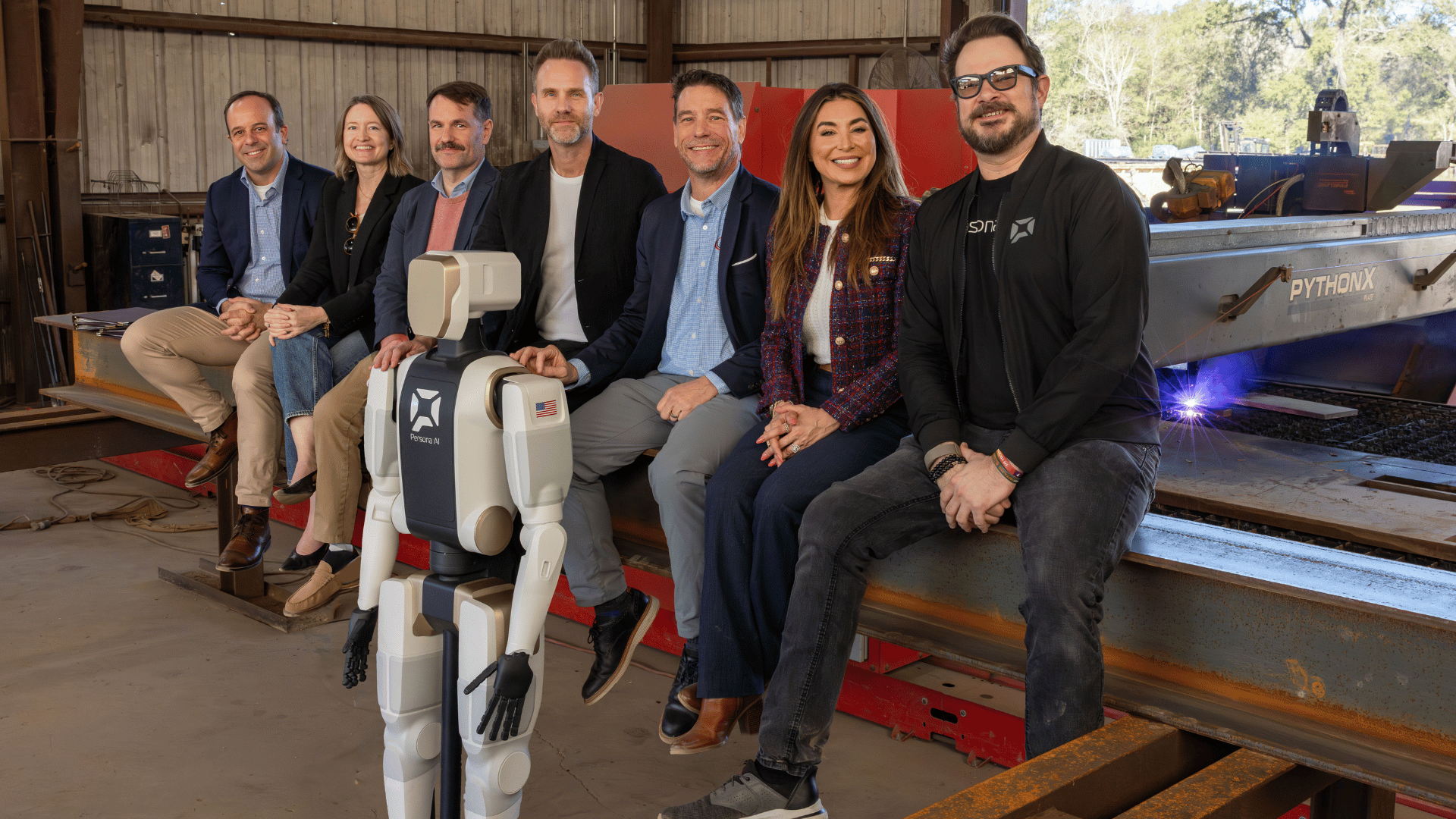In the world of clinical trials, LabConnect stands as a global central laboratory solutions partner, offering technology-driven, customized support services like kit building, sample management, and data integration for pharmaceutical and biotechnology clients worldwide.
They are a crucial link, managing the logistical and analytical complexity of clinical research. We recently sat down with two of their key leaders, Benjamin Worley, Senior Director, Sustainability & ESG, and Charles Castano, Chief Technology Officer, to explore how they are pioneering both environmental responsibility and technological advancements.
We delve into LabConnect’s efforts, ranging from reducing carbon footprints through paper-based packaging and decentralized lab networks to leveraging AI to transform data diligence into real-time, actionable intelligence.
Inside LabConnect’s Strategy

TWT: How does the shift to paper-based boxes deliver the projected carbon footprint reduction?
Ben: The carbon footprint of the packaging material itself and its construction is 70-80% lower than that of the current EPS foam. This means every sustainable package used in place of the current solution, reduces the overall carbon footprint of our packaging.
TWT: How does your technology and new AI partnerships transform months of data diligence into real-time actionable intelligence?
Charles: Our technology systems ensure data is always clean and secure. We leverage internal resources and external partners (including AI partnerships) to support our operations. What’s key is ensuring we have “human-in-the-loop” in any decision making needed, based on these technology solutions.
TWT: How does the decentralized network of partner labs directly contribute to environmentally friendly logistics?
Ben: By having a more decentralized network of partner labs, we can shorten the distance samples need to travel to be tested. This simplified and shortened logistics leads to fewer miles moved for each sample. When calculated over tens of thousands of samples, each mile saved adds up to a significant decrease in fuel usage and overall carbon emissions.
TWT: Can you detail the process and impact of the Kits4Life partnership, which redistributes unused, unexpired kits to reduce waste and promote global health equity?
Ben: The Kits4Life partnership significantly reduces environmental waste by diverting unused, unexpired clinical trial kits from landfills and incineration, repurposing them for humanitarian use. This redistribution supports global health equity by supplying high-quality medical materials to underserved communities, enhancing access to essential care. Through its efforts, Kits4Life has impacted over two million lives across 49 countries, demonstrating the power of sustainable innovation in advancing public health.
TWT: How much of the Cleveland facility’s electricity consumption will the solar panel installation cut, and are there plans to expand this renewable energy investment to other key locations?
Ben: 50% of our Cleveland facility’s power will come from on-site renewable energy from our solar installation.
TWT: Looking ahead, what is the next frontier for AI in your operations?
Charles: Our strategy is to identify relevant use cases (in study protocol design, invoicing, etc) and provide a data-driven solution to enhance operational efficiency across our business operations.
Digital & AI-rich solutions will result in increased internal efficiency and higher productivity, while meeting client needs, leading to higher satisfaction and service quality.
Tune in to Science Channel to watch “Lab Logistics” at 10 AM ET on Saturday, November 8th!







